For all the talk that America “is stronger when it’s inclusive,” the real-world consequences of Joe Biden’s transgender military policy have been deeply and painfully felt.
In a force already ravaged by wokeness, overextension, and cratering recruitment, men and women on the ground are also being asked to do the impossible: function with deeply dysfunctional members — which, as one Coast Guard Chief explains, has never endangered America more.
Like most people in uniform, Rocky Rogers, a 25-year veteran of the Coast Guard, watched President Biden sign the executive order that lets trans-identifying troops back into the military and wondered how it would affect him.
He didn’t have to wait long to find out.
In a sobering interview with Family Research Council President Tony Perkins, he set the record straight on just how disruptive and perilous it was.
As a direct supervisor to one of nine trans-identifying Coast Guardsmen in the military from 2018-2020, Rogers had a front-row seat to the decision that’s created a huge mess for unit commanders and, more broadly, national security.
“Before that member reported to my unit, my workspace,” Chief Rogers explained, “the command briefed me what was going on and just said to look out for this person.”
Almost immediately, things started to unravel. “[The problems started with] an unimaginable amount of medical appointments to where this member was rarely at work for a personal choice procedure to be done. Because of these choices, my workforce was significantly hindered in what we could respond to,” he said.
It was especially frustrating, Rogers pointed out, because he was “billeted six personnel, but we only had five that were able to work any given time of the day. So that was a huge, huge impact.”
From there, it just got worse.
The coast guardsman started “asking for extended lunches or for nourishment, which is always acceptable, but [on top of that, this person wanted] another hour and a half for personal medical care. And I asked the member to get the command approval, because if you give it to one, you have to give it to all. And if we were to give everyone a two-hour lunch, nothing would be completed during the normal workday. So [we’re talking about] a lot of challenges.”
But, of course, when Rogers tried to get help from his own chain of command, he got nowhere.
These special accommodations were made because this individual was transitioning to another body.
Chief Rogers expected — wrongly, it turned out — that his supervisors would have his back.
“During my briefing with the command before this member even reported [to me], the command asked me if I ever needed any guidance [or] any support to let them know.”
When that time came, “I can count three times I reached out to the command and medical administrators directly asking for advice for … challenges with, again, an unimaginable amount of medical appointments and so forth.”
In emails back, he was told, “‘Chief, figure it out. Handle it appropriately.’ And that was a sign to me that no one in a leadership role wanted their hands to be tied.”
Eventually, Rogers said, this all led to a great deal of friction with his team.
“There was a lot of frustration. There was just a lot of animosity, if you will, because they knew [that] this person could not be depended on to help out with our day-to-day tasks. So it wore the morale in our workspace down very quickly.” . . . . (read more on The Washington Stand)
Rocky Rogers offers Personal Insight into the Pending National Defense Authorization Act

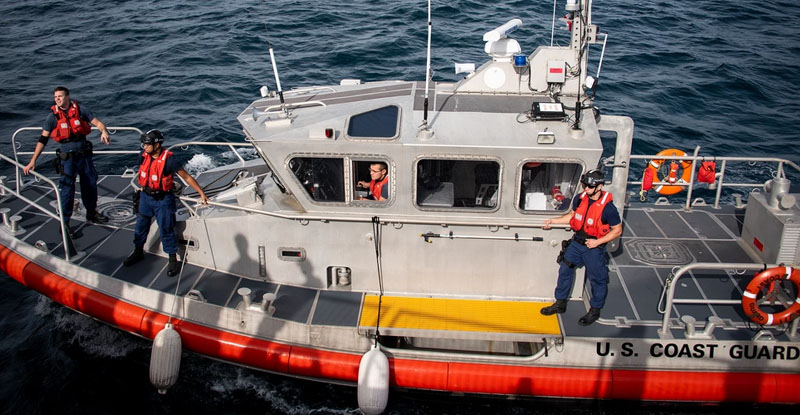
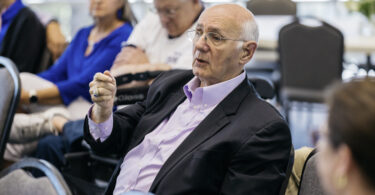
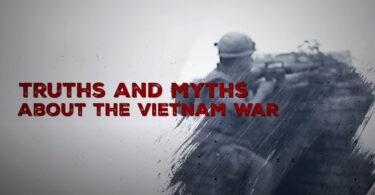

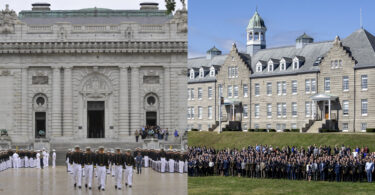
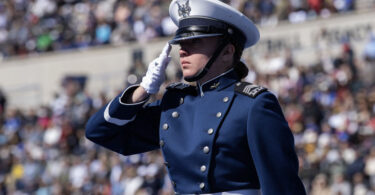
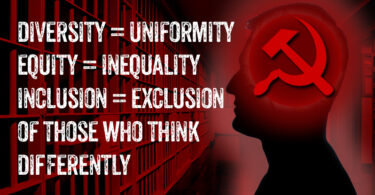
Leave a Comment